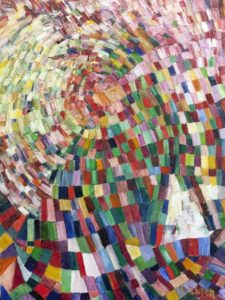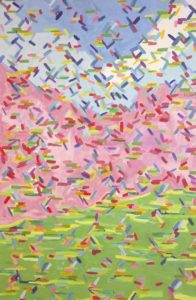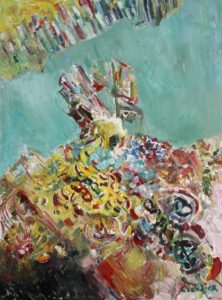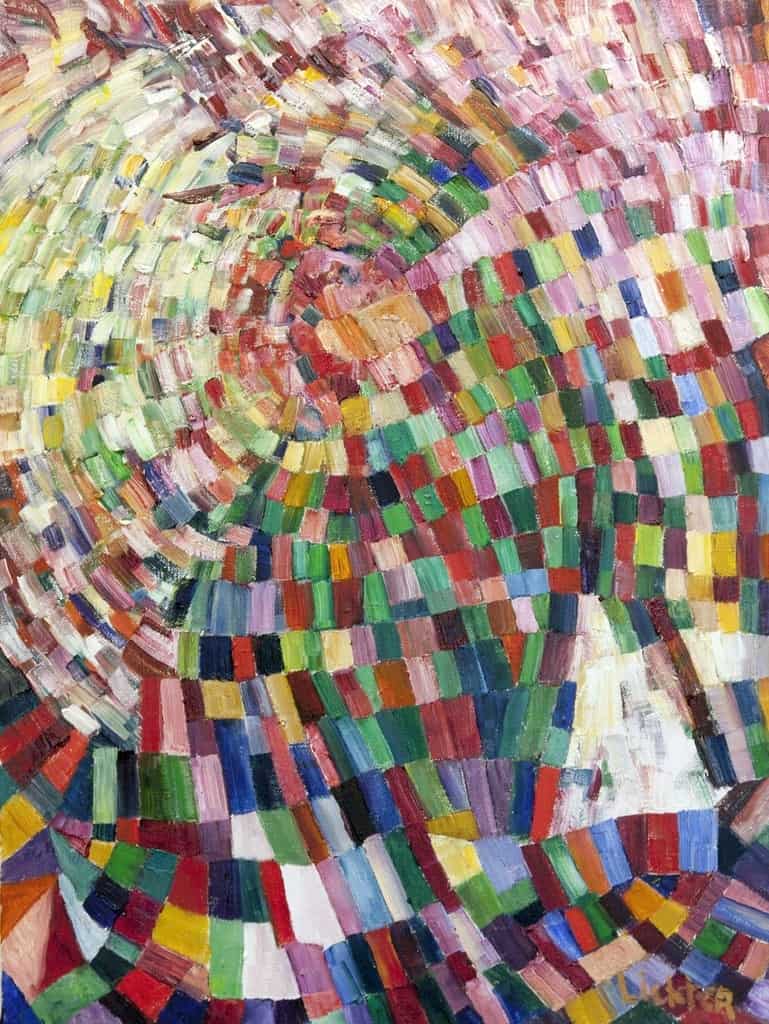Before the birth of their daughter but after the two graduated from the School of Visual Arts, the photographer Stephen Lipuma and graphic designer Amy Ng opened Court Tree Collective in Carroll Gardens. Now in its fifth year, the space provides a community center for cooking events, fine art exhibitions, and just about anything else the community finds itself curious about. 
Court Tree Collective has a strong cooking component, thanks to Ng’s father, who was a chef. Since 2013, the husband and wife team have worked with Yana Gilbuena from The Salo Project, Charles Cann of Tropical Ghana, and Chitra Agrawal of Brooklyn Delhi.
But the visual component was always in the wings as the two freelanced their way through creative fields. Last year in particular they focused on some innovative photography and older artists whose careers have stayed under the radar, at least in the states.
They’re now featuring the work of Morton Lichter in, “Two Sides of the River,” running through Dec 8.
Lipuma fell in love with Lichter’s work through a brother’s friend. It’s easy to feel the pull of these images. The thick impasto of “I know a bank where the wild thyme grows” (2016) looks at beauty with a welcoming yet weary intimacy. The composition is smart, with complex colors in a northwest slant, and a curious whirlpool of varying greens at the bottom right.
From 2006, you have the strangely affecting “Address Unknown,” where a skyscraper skyline is decked out in pillars towers of quasi monochrome.
The exhibition also features older work, like the Fernand Léger-esque “Cloudless Sky” from 1984.
When Lipuma approached him for a possible showing, he learned Lichter, 85, had over 300 similarly encaustic bound paintings in storage on the Upper West Side.
Lichter started painting in the 1950s. He and his husband, the Yale theater professor Gordon Rogoff, have lived all over the world after producing the off-Broadway hit “Old Timers’ Sexual Symphony” in 1976, for which Lichter won an Obie for writing, and Rogoff for directing. 
Lipuma says the 50s work was true to the period: figural, academic, traditional. But by the mid 2000s, there’s a notable change: the abstracts are full of color, sinuous, bursting with life and story-driven titles. They seem intimately familiar with life’s pleasures, dangers, and ultimate limitations.
After a Parkinson diagnosis, doctors didn’t expect Lichter to keep painting. But the prognosis simply fueled his determination.
“His partner says he feels rejuvenated by painting,” Lipuma said, “even on the bad days.”
Opening reception for “Two Sides of the River” is Nov 9, 7-9pm. Court Tree Collective is at 371 Court St.










